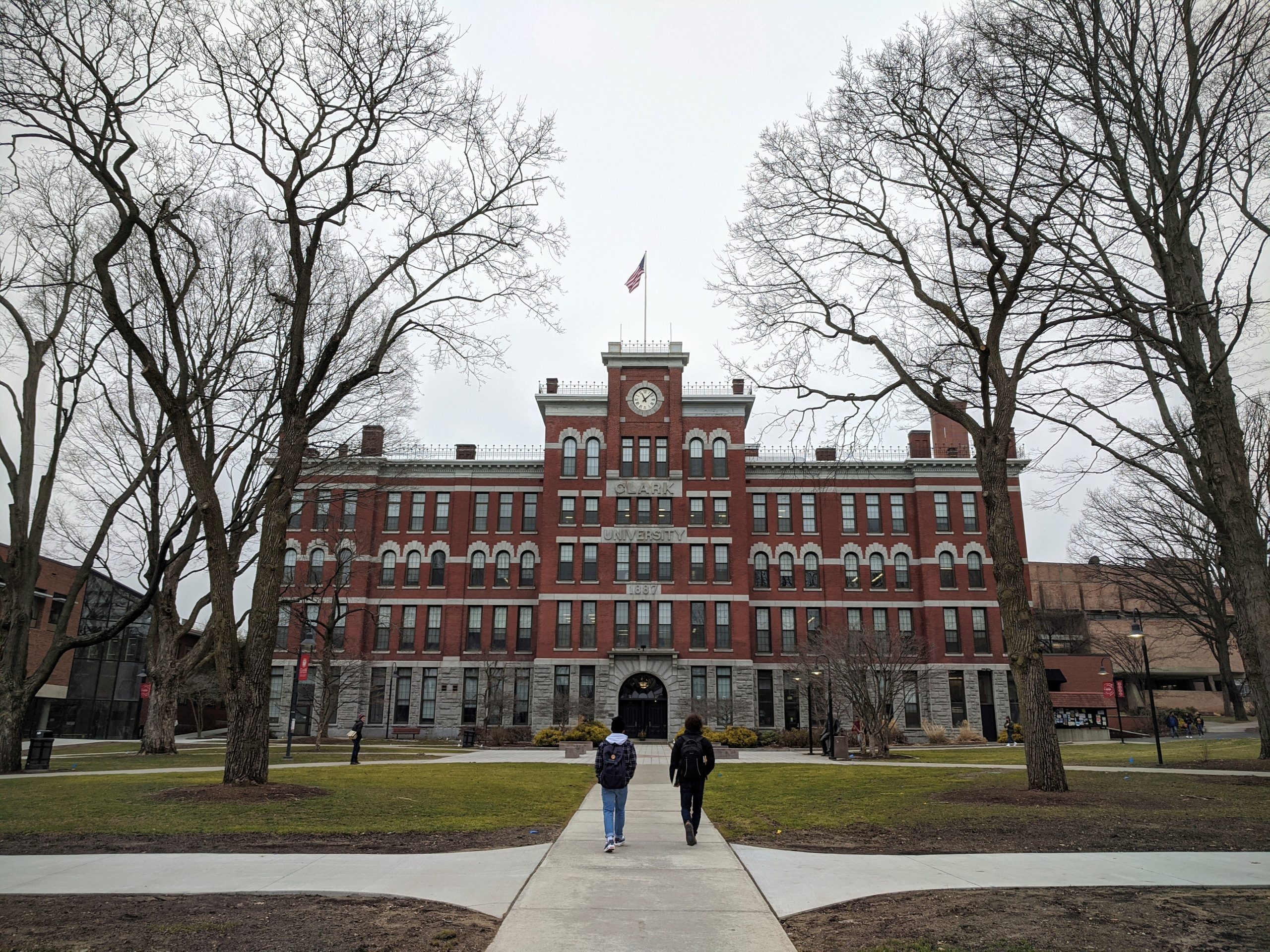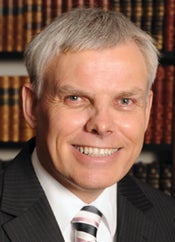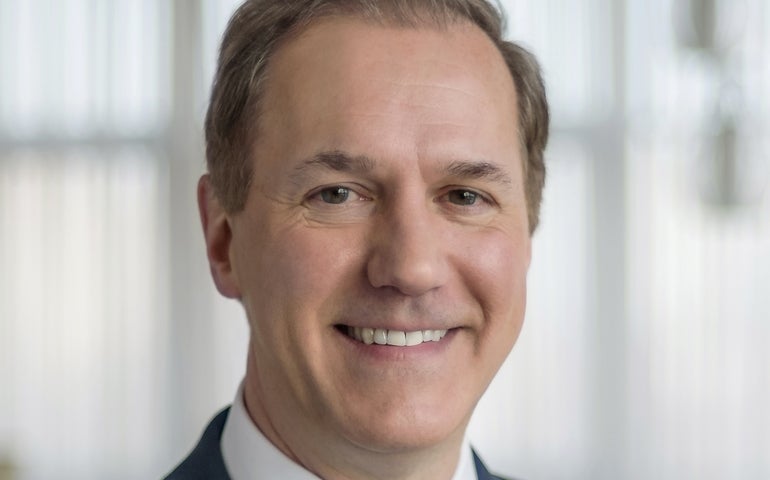Clark University named as its next president on Monday a 1987 graduate and an executive vice president at the University of Chicago.
David Fithian will succeed David Angel, who will step down at the end of the academic year after a decade leading the school.
Fithian, who will be Clark’s 10th president, was unanimously chosen by Clark’s board of trustees, returning to the campus where the New York native said he first learned to grow to his full potential and begin on his way to a career in higher education.
“I saw this as a really singular opportunity because it’s not that common that someone can come back and lead their alma mater,” Fithian said in an interview.
Fithian, 55, said he’ll start his term as president with an open mind and a willingness to adjust to necessary changes in higher education, an industry facing quick changes in the popularity of programs of study as well as a forecasted drop in local high school-age graduates.
“There’s no question that I need to listen to what people are thinking and wanting in Clark today,” he said.

Clark, he said, needs to leverage what makes it distinct: a place where a liberal arts education is balanced with the amenities of a research university.
Fithian said he was attracted to Clark as a high school student because he wanted both a smaller campus and an urban environment. Fithian was a sociology and English graduate at Clark. From there, he went on to earn master’s degrees and a doctorate in sociology from Yale University.
Fithian then served in a variety of capacities at Harvard University from 1995 to 2007, including positions in student academics and wellbeing, and faculty governance. As associate dean of the Faculty of Arts and Sciences, he coordinated all aspects of faculty governance, including the monitoring and coordination of faculty-related policies, procedures and legislation.

At the University of Chicago, Fithian has served in a series of roles, most recently as executive vice president. His responsibilities have included financial strategy, campus master planning, major capital developments and oversight of the school’s public programs for the arts, among other aspects.
The University of Chicago poached several faculty members from Clark more than a century ago when the schools were in their earliest days, said Angel, who has been Clark’s president since 2010. Now, he said, he was glad to return the favor.
“The talent pipeline is being reversed,” Angel told a crowd at Clark’s Higgins University Center for the announcement of Fithian’s appointment. “It might have taken us more than a century to do it.”
Angel first joined the university in 1987 as a geography professor, and was promoted to provost and vice president of academic affairs in 2003.
In Angel’s time as president, Clark’s enrollment has stayed largely flat, growing from 3,083 to 3,122 as of the fall of 2018. The endowment has grown from $317 million in his first school year to more than $400 million as of the 2016-’17 school year.
Applications have jumped from roughly 4,000 to nearly 7,700, putting Clark ahead of an industry average in which high school students are generally applying to far more colleges than in the past. First-year enrollment has plateaued at around 600 per class.
At Clark, Angel has worked to increase diversity, including through creating a chief officer of diversity and inclusion, and the establishment of a Presidential Advisory Board on Diversity and Inclusion. Campus growth during his time includes the Shaich Family Alumni and Student Engagement Center, which opened in 2016.
Angel’s tenure included a term as chair of the New England Commission on Higher Education.

